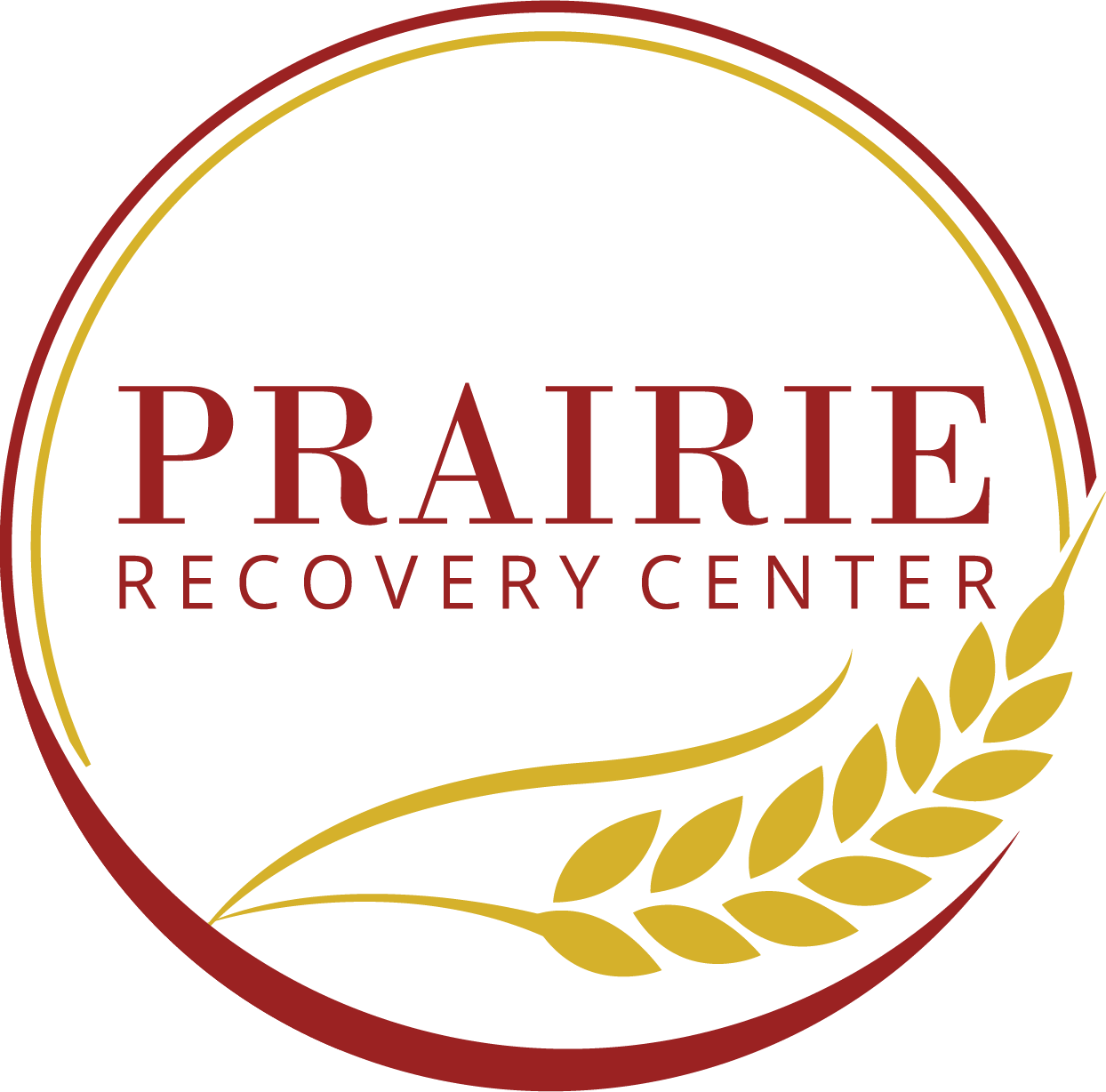If you’re struggling with substance abuse, you may be wondering about the long-term effects of addiction. Will your health be permanently damaged? Will you always feel cravings? Will you be able to hold down a job?
The good news is that addiction is treatable, and even though the road to recovery can be long and difficult, it’s possible to live a happy and healthy life in recovery.
The first step is to seek professional help at a reputable addiction treatment recovery center like Prairie Recovery. Our experienced and compassionate staff will work with you to create a personalized treatment plan that will give you the best chance for a successful recovery. Call [Direct] today and learn more.
Why You Should Learn About the Long-Term Effects of Substance Abuse
Although it may seem like addiction is only a short-term problem, the reality is that it can have lasting side effects of drug abuse on your physical and mental health, your relationships, and your finances.
Many people think that they can quit using drugs or alcohol on their own, but this is usually not the case. This is because addiction changes the brain, making it difficult to quit without professional help. When you’re addicted to drugs or alcohol, your brain becomes dependent on the substances in order to function properly.
This means that when you try to quit, you will experience withdrawal symptoms like anxiety, depression, fatigue, and cravings. These symptoms can be so severe that they make it hard to stick to your recovery plan.
The longer you stay in active addiction, the more damage you’re doing to your body and your life. But even if you’ve been struggling for a long time, it’s never too late to seek help and start on the road to recovery.
Long-Term Effects of Alcohol Addiction
Alcohol is a legal substance, but that doesn’t mean it’s safe. In fact, alcohol is one of the most dangerous drugs available. It’s estimated that alcohol is a factor in nearly half of all fatal car accidents in the United States.
Long-term effects of alcohol addiction can lead to a number of health problems, including liver damage, heart disease, cancer, and brain damage. Alcohol abuse can also contribute to mental health problems like depression and anxiety.
Long-Term Effects of Drug Addiction
It’s no secret that drug and alcohol addiction can have devastating effects on every aspect of a person’s life. But what is often not as well-known is the long-term effects of addiction. The truth is that addiction is a chronic, progressive disease that can have serious consequences if left untreated.
Drugs like heroin, cocaine, and meth are highly addictive and can cause serious health problems. Long-term drug abuse can increase the risk of heart attack, stroke, and liver disease. It can also cause brain damage, memory problems, and difficulty thinking clearly.
In addition to the long-term physical effects of drug addiction, you can start experiencing depression, anxiety, and even psychosis.
How Can You Treat the Long-Term Effects of Addiction?
One of the most important things you can do for your recovery is to stay engaged in treatment. This means attending individual and group therapy, participating in 12-step or other support groups, and following your treatment plan.
It’s also important to make lifestyle changes that support your recovery. This means eating a healthy diet, exercising regularly, and getting enough sleep. Stay informed about the potential long-term effects of substance abuse so that you can make the best decision for your health.
Break Your Addiction at Prairie Recovery
Making these changes can be difficult, but they’re essential for a successful recovery. At Prairie Recovery, we know that addiction is a complex disease, and we treat each client with the individualized care and attention they deserve.
We can help you manage your withdrawal symptoms and give you the tools you need to stay on track with your recovery. If you’re ready to start your journey to recovery, reach us at [Direct] today. We’re here to help you heal the long-term effects of addiction and live a happy and healthy life in recovery.


